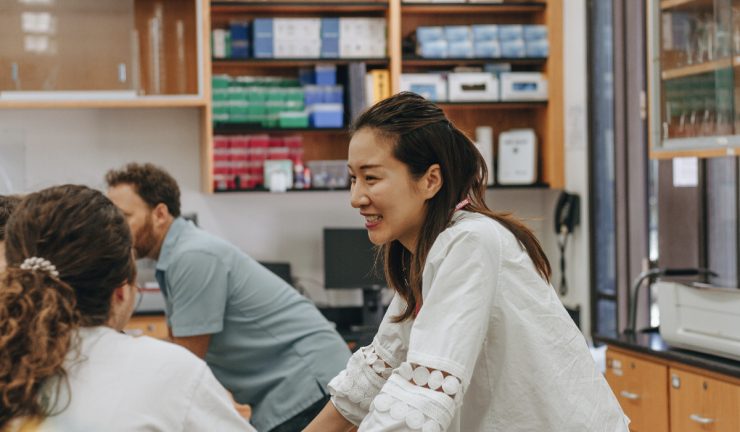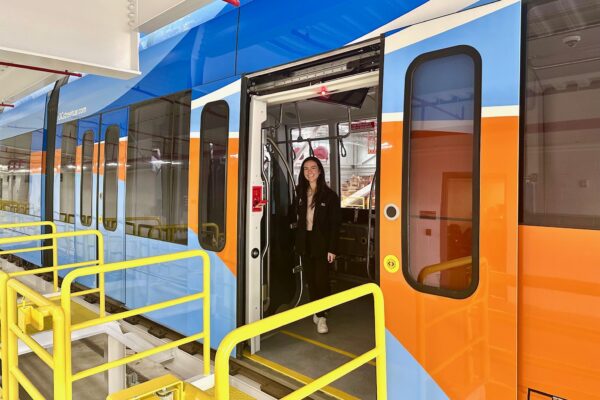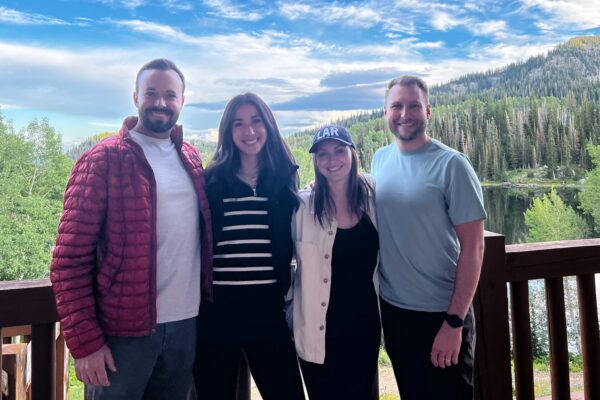What is the spike protein? Did it come from bats or pangolins? Why are masks with exhalation valves ineffective? And exactly how does an RNA-based vaccine work?
First-year students from Schmid College of Science and Technology and Fowler School of Engineering are learning the answers to these questions about COVID-19 (SARS-CoV2) as they study and identify solutions for the pandemic. The fall coursework is part of their first-year foundations course in the Grand Challenges Initiative at Chapman University.
Now in its fourth year, the Grand Challenges Initiative is a unique effort to provide every science, technology, engineering and mathematics student at Chapman with foundational skills in critical-thinking, problem-solving, communication and teamwork.
Traditionally, students have chosen from a long list of grand challenges and working in small teams to devise innovative solutions. This semester looks different. With students joining class virtually, participants in the program are fully embracing the moment.
“We have the opportunity to help students make sense of the world around them and empower them to play a role in contributing solutions to the COVID-19 pandemic,” says Greg Goldsmith, Ph.D., an assistant professor of biology and director of the Grand Challenges Initiative. “We have already seen our students give back to the community in so many compelling ways, and we want to keep facilitating those contributions.”
Students learn how to find and evaluate different sources of information, an important first step in separating fact from fiction. They then learn about the different roles that science and engineering can play in generating new knowledge and solutions. Students read about everything from racial disparities in the incidence of COVID-19 to how to engineer mobile apps for contact tracing.
“I enjoy the discussions in class since they reflect what I read the night before, and the guiding discussion questions provided to the class encourage each of us to think critically and add our perspective to the topic,” says Olivia Chilvers ’24, a computer science major.
Working in small teams, students from different majors then brainstorm and ultimately propose solutions to address different aspects of COVID-19. Arielle Dettmer ‘24, a double major in dance and physics, said that she appreciates being able to connect with other students outside her dance major.
“I’m looking forward to learning about tools for experimental thinking that I can apply to research this semester and in the future,” she said.
Michael Ibba, Ph.D., new dean of Schmid College, notes that the pandemic “has affected every aspect of our lives; I am excited to see the innovative ideas that students arrive at over the course of the semester.”
Students will conclude the experience by pitching their ideas to a group of outside experts, with the hopes of receiving seed funding to pursue their projects in the spring semester.




